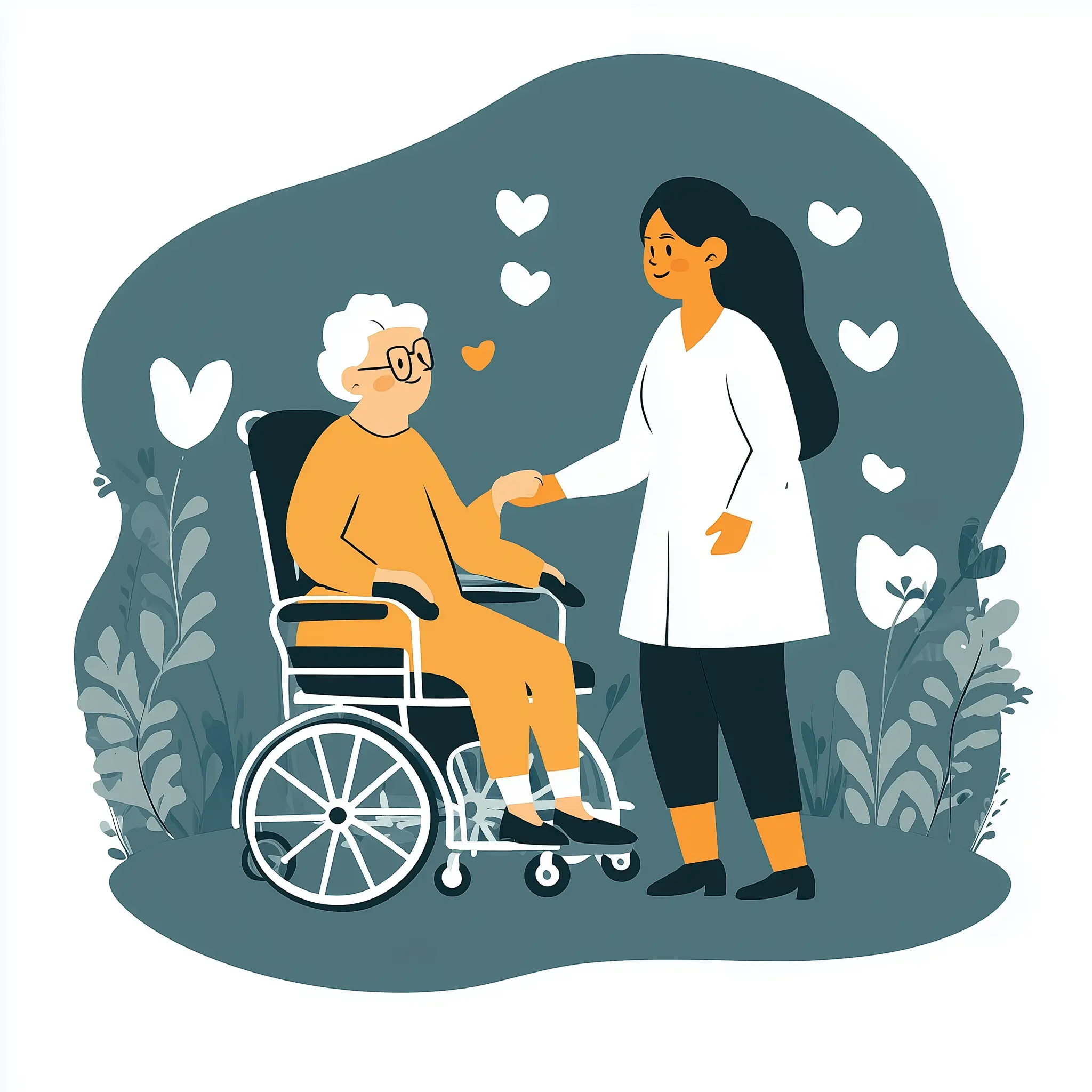
Ways To Support A Loved One With Parkinson's
- Published on
- Authors

- Author
- HP Homecare
Understanding Parkinson’s Disease and its Challenges: A Guide to Providing Warm, Personalised Support
Parkinson’s disease is a progressive neurological disorder that predominantly impairs bodily movement but also encompasses a range of potential emotional and psychological challenges. Learning to support someone with this condition involves a blend of empathy, patience, and informed action. Through understanding and appropriate care strategies, you can significantly help to enhance their quality of life.
Personal and Emotional Support
Offering personal and emotional support is essential. Make an effort to learn about Parkinson’s so that you can understand what your loved one is experiencing. Here are key strategies:
- Listen Actively: Always give them a chance to express their feelings and thoughts, which can be an emotional outlet for them.
- Maintain Routine and Normalcy: Consistency can be very comforting; help maintain a daily routine that includes their usual activities as much as possible.
- Social Engagement: Encourage interaction with friends, family, and support groups which can alleviate feelings of isolation or depression.
Practical Assistance
Practical help can vary from handling household chores to mobility support. Not all patients will require intensive help, but here are ways you can assist:
- Mobility Aids: Familiarise yourself with the use of walking aids or wheelchairs. Proper usage can protect against falls and injuries.
- Daily Living Tasks: Assistance with dressing, personal grooming, and eating can help conserve their energy for other daily activities.
- Medical Management: Help them manage medications or accompany them to doctors’ appointments. Keeping a detailed record of their medical regime and updates is beneficial in this regard.
Encouraging Physical Wellness
Physical health plays a crucial role:
- Exercise Together: Engage in light exercises, like walking or tailored workouts, to help improve their mobility and balance.
- Nutritious Meals: Offering a well-balanced diet can help manage symptoms. Consider consulting with a nutritionist familiar with Parkinson’s.
Providing Safety and Comfort
Safety modifications in the home are necessary to prevent accidents, such as:
- Remove Loose Rugs and Cords: Ensuring the home is tidy and obstacle-free helps in preventing trips and falls.
- Install Safety Rails: Bathroom and stair safety rails can offer great support and prevent falls.
Emotional and Psychological Support
Psychological health is just as pivotal:
- Counselling Services: Recommending therapy or counselling can help them deal with emotions effectively.
- Leisure and Recreation: Encourage hobbies or activities they enjoy. It can be therapeutic and uplifting.
By integrating these supportive practices into your routine, you help provide a compassionate, understanding environment that validates their experiences and challenges with Parkinson’s. This encompassing approach not only aids in physical health but bolsters emotional resilience, paving the way for a life embraced with dignity and affection.